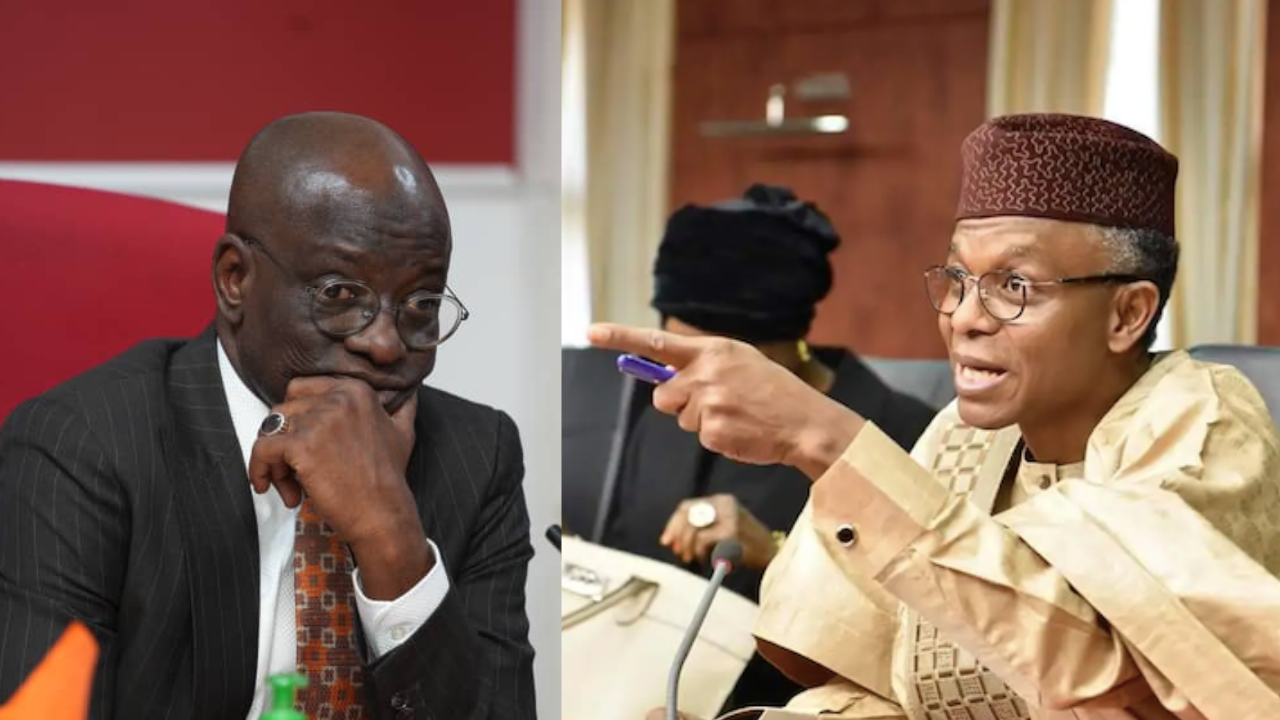POLITICS

SENATOR WADADA PLANS TO LEAVE SDP OVER DISAGREEMENTS WITH EL-RUFAI
Senator Ahmed Aliyu Wadada, representing Nasarawa West in the Nigerian Senate, has revealed plans to leave the Social Democratic Party (SDP), citing fundamental disagreements with recent entrants to the party—most notably, former Kaduna State Governor, Malam Nasir El-Rufai.
Speaking to journalists in Keffi on Sunday, Wadada explained that although he respects El-Rufai as an elder brother, he can no longer align with him politically due to conflicting values.
“Even though Malam El-Rufai is my elder brother, I don’t believe I can remain in the same political party with someone I no longer consider principled,” he stated.
The senator took issue with El-Rufai’s sudden political shift, recalling the former governor's firm advocacy for power rotation to the South and his central role in the emergence of President Bola Ahmed Tinubu as the APC's presidential candidate and eventual winner.
He questioned the motive behind El-Rufai’s defection to the SDP following his failure to secure a ministerial position in Tinubu’s administration.
“What exactly changed about President Tinubu from the time El-Rufai supported him until now?” Wadada asked, suggesting that the move was driven by self-interest rather than conviction.
In contrast, Wadada praised Senator Abdullahi Adamu as an example of steadfast political integrity, highlighting Adamu’s loyalty to the APC even after backing Senator Ahmad Lawan during the party’s primaries.
“That’s the kind of politics I believe in—principled and consistent, not opportunistic,” he remarked.
Turning to national affairs, the senator acknowledged the economic strain caused by the removal of fuel subsidies, but expressed optimism, noting that the policy has freed up resources for development at the state level.
He applauded Nasarawa State Governor Abdullahi Sule for effectively channeling the savings into visible improvements in infrastructure and public welfare.
“In Nasarawa State, the results of the oil subsidy savings are evident—clear to both the blind and the most skeptical,” he concluded.
"This represents a significant development in our ongoing coverage of current events."— Editorial Board









